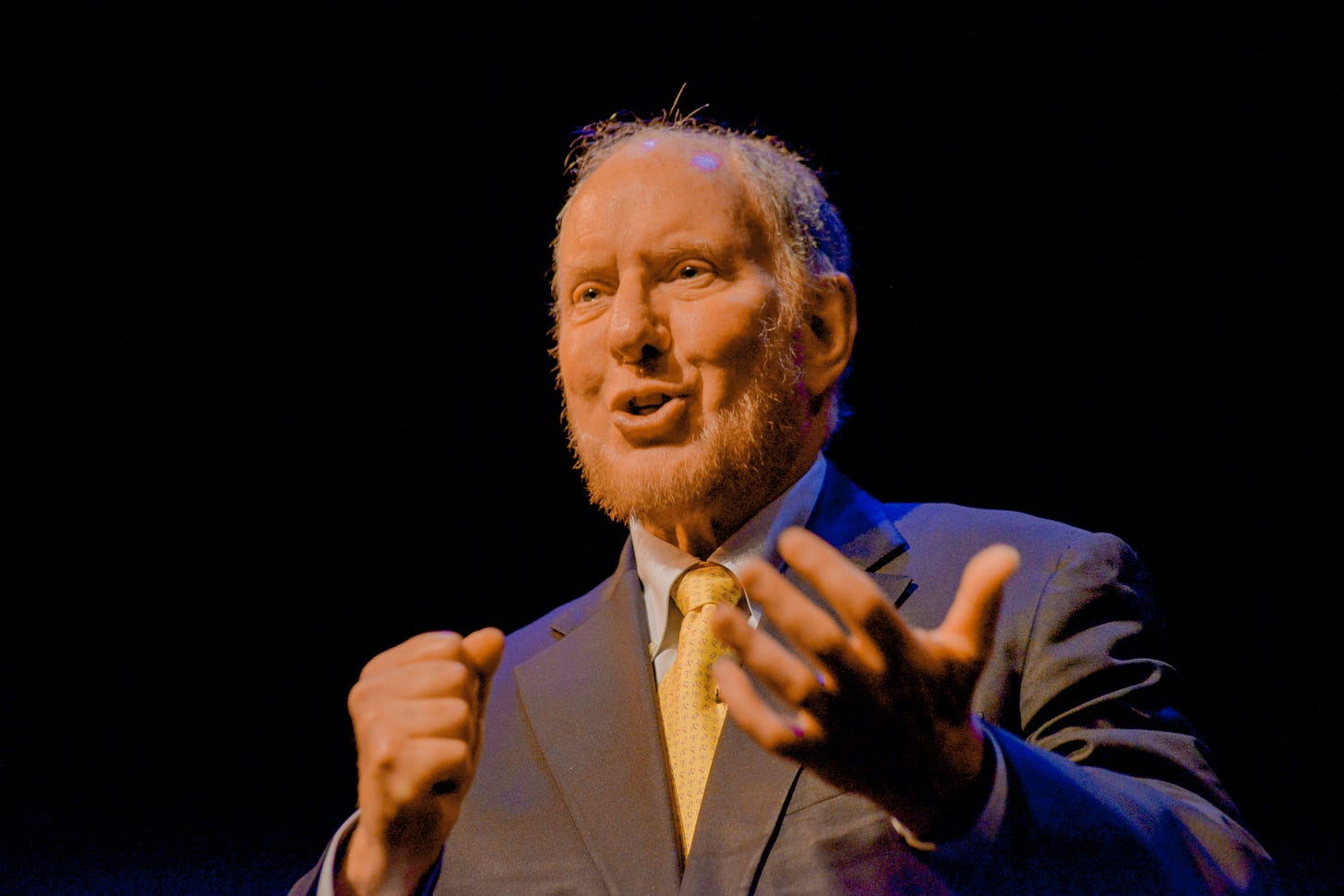Echoes in the Void: Individualism, Anomie, and the Unmaking of Souls
The human experience is, at its core, a social one. Yet, in an era ostensibly defined by unprecedented connectivity, a pervasive sense of isolation gnaws at the foundations of our well-being. This article will explore the burgeoning “loneliness epidemic,” examining its roots in the rise of individualism and its devastating impact on mental health.
This pervasive feeling of disconnect is not merely a subjective experience; it is a measurable crisis. Studies have consistently shown that loneliness is associated with a significantly increased risk of mortality, comparable to smoking 15 cigarettes a day (Holt-Lunstad et al., 2015). We will delve into the sociological, psychological, and technological factors that have converged to create this modern malady.
Our journey will begin with a consideration of Émile Durkheim's seminal work on anomie, a state of normlessness and social disintegration that he argued leads to alienation and despair. We'll explore how Durkheim's insights, developed in the late 19th century, resonate profoundly with the challenges of contemporary life. Specifically, we will see how rapid societal changes and the erosion of traditional social structures have contributed to a sense of rootlessness and isolation.
“We are thus led to seek the explanation of the suicide rate in the social conditions that produce the individual’s need for society."
— Durkheim, 1897Following Durkheim, we will turn to the work of Robert Putnam, whose groundbreaking research on declining social capital has illuminated the weakening of communal bonds in the late 20th and early 21st centuries. His analysis of bowling leagues and civic engagement provides a stark picture of the decline in social participation that has become a hallmark of modern life.
Next, we will analyze the paradox of digital connection. While social media platforms and online communities offer seemingly boundless opportunities for interaction, they often fail to provide the depth and authenticity necessary for meaningful human connection. This analysis will explore how these technologies can inadvertently exacerbate feelings of loneliness.
Subsequently, the focus will shift toward identifying practical solutions to combat this epidemic. We will investigate strategies for cultivating genuine community, fostering social engagement, and promoting mental well-being. This will include exploring the role of mindfulness, the importance of face-to-face interactions, and the benefits of building strong social networks.
Finally, we will examine the potential for policy interventions and societal changes that could mitigate the harmful effects of loneliness. This section will consider the role of government, community organizations, and individuals in creating a more connected and supportive society. The goal is to move beyond diagnosis and towards actionable solutions for individuals, communities, and society as a whole.
The Void Within: Individualism and the Modern Crisis
The echoes of solitude reverberate through the modern age, a cacophony of disconnected voices lost in a crowd of billions. Individualism, the ideological cornerstone of our time, while promising liberation and autonomy, has paradoxically fostered a sense of profound isolation. It has created a society of individuals, not necessarily of a community. This section will examine the intricate relationship between this dominant ideology and the pervasive crisis of loneliness plaguing contemporary society.
Our modern predicament is largely defined by the principles of individualism. This philosophy, emphasizing individual rights and self-reliance, has reshaped social structures, encouraging independence and self-sufficiency above all else. This shift, while fostering personal freedoms, has also contributed to a breakdown in the social fabric, the very bonds that once held communities together. As Durkheim noted, "Society is not a mere sum of individuals, but a system formed by their association" (Durkheim, 1893, p. 101). The emphasis on the individual can lead to a neglecting of collective responsibility and empathy, thereby increasing the risk of social isolation.
"The individual is not alone, but is part of a larger community that is greater than himself."
— Durkheim, The Division of Labor in SocietyThis erosion of community is exacerbated by the relentless pursuit of self-interest, a core tenet of many individualistic societies. Competition and the prioritization of personal goals often eclipse the cultivation of meaningful relationships and communal support systems. In a society that emphasizes individual achievement, those who struggle to 'succeed' may feel even more isolated, further deepening the chasm of loneliness. The relentless pressure to achieve, to excel, and to stand out often inadvertently leads to a sense of separation from others, creating a society of people who see each other as competitors rather than collaborators. As noted by Bauman, modern life is increasingly liquid, and therefore, relationships have become fluid and less durable (Bauman, 2000). This liquid modernity contributes to an increasingly uncertain and precarious social landscape, where long-term commitments and solid social bonds are more difficult to maintain.
Consider the following thought experiment: Imagine a society where every individual is equipped with an "Achievement Tracker," a device that constantly monitors and ranks their accomplishments, successes, and social standing. This tracker influences access to resources, social opportunities, and even emotional support. In this hyper-individualistic environment, social interaction becomes transactional. Every interaction is filtered through the lens of personal gain and advancement. Would true connection, empathy, and authentic relationships flourish in such a setting? Or would the pressure to constantly outperform others lead to deeper feelings of inadequacy and isolation? The answer, as we might readily assume, is the latter. The constant evaluation and comparison would erode any sense of genuine connection, turning social interaction into a zero-sum game where the success of one comes at the expense of others.
The insights derived from the arguments presented indicate that a purely individualistic society is inherently vulnerable to the loneliness epidemic. The emphasis on self-reliance and competition, coupled with a diminishing sense of community, creates an environment ripe for social isolation. Without the safety net of strong social bonds and communal support, individuals are left to navigate the complexities of life alone, facing increased risks to mental and physical well-being. The resulting state of anomie, as Durkheim noted, leaves individuals feeling alienated and adrift.




